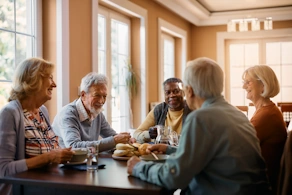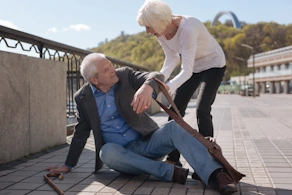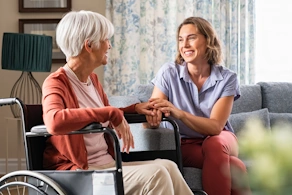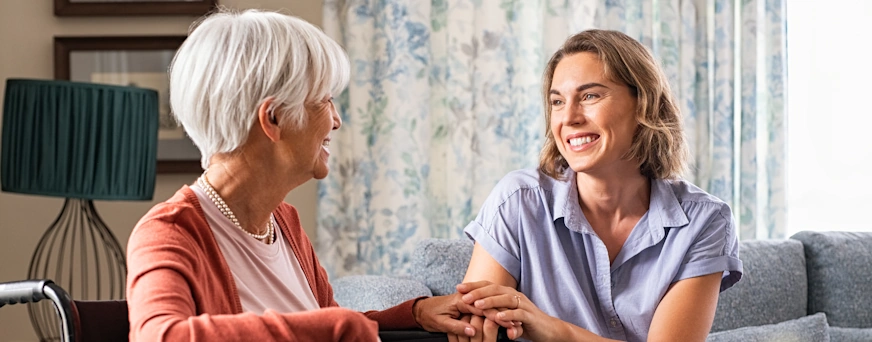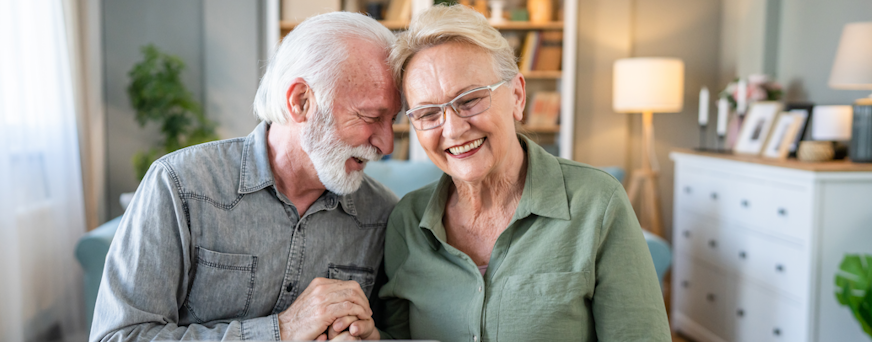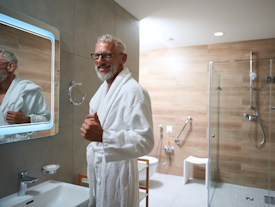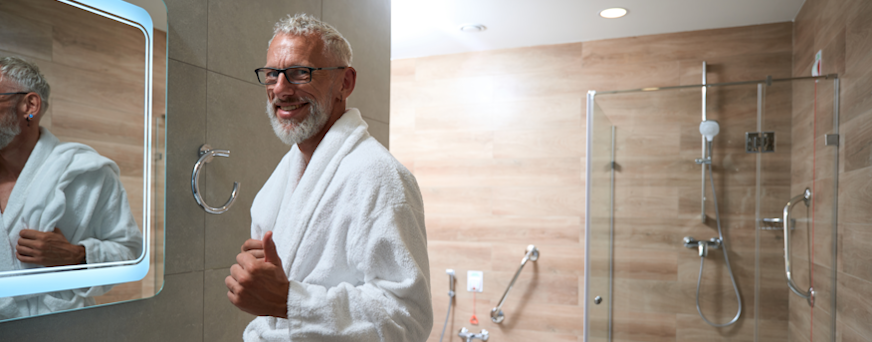Why A Caregiver Mobile App Is Important For Your Medical Alert
Our Key Takeaway
A caregiver mobile app strengthens any medical alert system by sending instant notifications, sharing alert history, tracking real-time location, and supporting secure communication. These features help caregivers respond faster, monitor safety more accurately, manage medications, and ensure seniors receive timely help and coordinated care.
We are constantly working towards ensuring the safety of those we love and care about. If they have medical conditions, it becomes even more important to take care of them. Medical alert systems are an important innovation that cannot be overlooked.
It is the pillar of security for those who have chronic medical conditions. Amidst all this, a caregiver mobile app has come as an important solution.
It can take the functionality of medical alert systems to a whole new level. In this article, we shall learn about caregiver apps and how they are important for your medical alert.
Life Assure Product Quiz
Take our 30 second quiz and discover which Life Assure medical alert device is the right fit for you or a loved ones.
Life Assure Product Quiz
Take our 30 second quiz and discover which Life Assure medical alert device is the right fit for you or a loved ones.
Why Do Caregivers Require Mobile Apps?
Caregivers are important people who help improve the efficiency of medical alert systems. Their involvement in the betterment of the user cannot be overlooked. They give timely assistance and ensure the patient's medical needs are properly met.
A caregiver can be a family member or a professional help. They are highly reliable in ensuring the patient gets medical attention in times of emergency.
With the advent of medical alert systems, their work has become much more efficient. However, while medical alert systems focus on the user, a certain tool helps caregivers better participate in the care process.
These are mobile apps made especially for caregivers to stay connected to their patient. From secure connection to real-time assistance, caregivers can do so much with these functional apps.
Benefits Of A Caregiver Mobile App

Here are the benefits of a caregiver mobile app that is integrated with your medical alert system:
Instant Notification
Mobile apps for caregivers give out instant notifications to caregivers when an alert is triggered. This helps them become easily aware of the situation or the emergency.
This helps get a rapid response, which is crucial in such times. Instant communication makes all the difference in life and death-situations.
If an elderly person with heart conditions is facing any chest pain, the connected caregiver app can immediately tell the caregiver.
From there on, they can contact the emergency services or perform any first aid practices. Quick response in medical emergencies can help manage the situation effectively.
Alert History
Caregiver apps keep track of the alerts that have been made in the past. This helps the caregivers collect important information. It can be the frequency and nature of the incidents that can help them better understand the situation of the patient.
Data from alerts helps identify patterns in the patient's health status. Various informed decisions can be made in this regard after that. For example, if the app is recording the signs of frequent falls, it is a sign that the patient needs special mobility aids.
Taking into account the alert history is an important step. Various trends and potential health issues can be discerned from it.
This helps prevent any mishaps and diseases from getting worse. It is a proactive approach to take towards the health of the person you are caring for, so you can use the app to assess alert history.
Monitoring Activity
Mobile apps for caregivers help continuously monitor the user's activity. Movements, safety, and any unusual behaviour can be readily tracked with the app. For example, the app can be alerted if the patient leaves the preset safe area.
Real-time monitoring is an important benefit. Those with cognitive impairments like memory loss may sometimes lose track of their surroundings.
As a result, they may wander around or get lost. The app helps the caregivers remain at peace since they can be alerted as soon as something happens.
Medical Information Conveyance To Emergency Services
With the information these apps store, they can help emergency service providers better serve the patient. These apps can send out the necessary patient info to the first responders. This helps fetch the appropriate care for the patient.
This feature bridges the gap between caregivers, users, and emergency services. In the end, a better coordinated and efficient response can be generated. In most cases, a more positive outcome can also be guaranteed.
Key Features Of Caregiver Mobile Apps

Here are the top features of the mobile apps made for caregivers:
Real-time Location Tracking
Real-time location tracking is another great feature in such apps. It helps the caregivers know exactly where the user is at all times. It is important for those who happen to wander around a lot and do not always know their way back home.
The app can give real-time updates during location changes, like when a user has stopped or is on the move. Caregivers are always able to know where they are so they can keep track of their safety. This helps them respond on time if danger is detected.
Location tracking can also be used to set predefined safe zones. If the patient happens to leave a set area during their walks outside, the caregiver can take matters into their own hands or contact emergency services. This feature remains indispensable in preventing accidents.
Secure Messaging
The app is also equipped with secure messaging features. It helps bridge the gap between the caregivers and the patients. Private communication helps relay sensitive information between the two parties. What is more, the two can even connect over a video call on the app.
Secure messaging is important in allowing a clear and efficient channel of communication. It helps the caregivers provide support and guidance to the users whenever needed. It can even be used to coordinate care.
Medication Management
Caregiver apps often have medication management tools as well. These are great in ensuring that users are able to take their medication in due time.
Apps can send reminders to the caregivers so they can ensure and track adherence to medication routines. Patients with complex treatment plans need reminders from their caregivers, so this can be a particularly useful feature.
Medication management tools can also generate detailed reports on medication adherence. Caregivers can go through these to assess any underlying issues that need to be addressed. Such tools help set up a proactive approach towards preventing medication errors.
Conclusion
The use of a caregiver mobile app holds great significance and many features. Those with intricate medical and safety needs can be cared for by caregivers using such functional mobile apps.





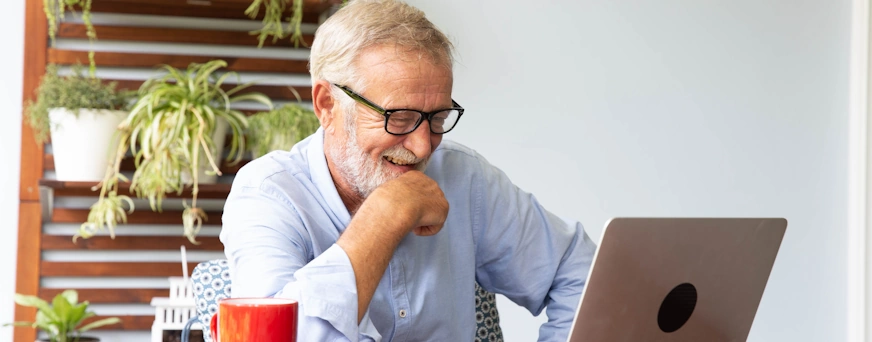






 Get Help With The Push Of
A Button
Get Help With The Push Of
A Button

